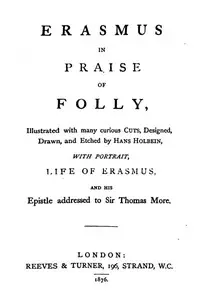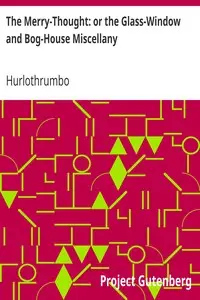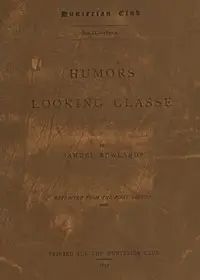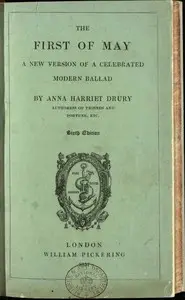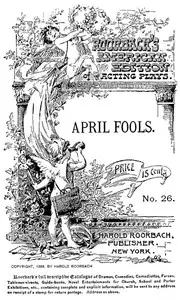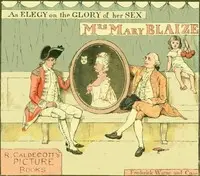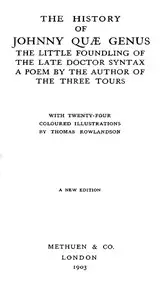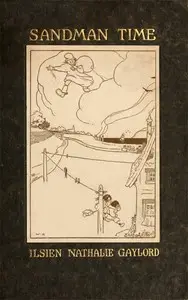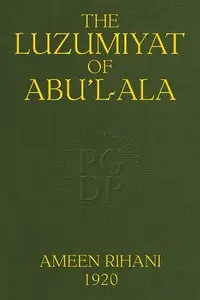"The First of April; or, The Triumphs of Folly" by William Combe is a clever poem that pokes fun at the ridiculous parts of society in the late 1700s. It’s like a funhouse mirror held up to fancy clothes, important titles, and how people acted back then. Using bright descriptions and lively language, Combe criticizes how shallow the upper class could be, while also showing that everyone can be a bit silly sometimes. The story takes place on April Fool's Day, which is perfect because it's all about foolishness. As the author gets pulled into a big party thrown by the Queen of Folly, he meets characters who show off all the extremes of society – think people who are overly vain, extravagant, or questionable. As they make their offerings to the Queen, Combe uses jokes and cutting remarks to point out how pointless their lives really are, and this makes us think harder about what it means to be human and how society works. The poem makes you think about foolishness, and asks you to consider the goofy things in your own life and the world.

The first of April; $b or, The triumphs of folly A poem dedicated to a celebrated duchess. By the author of The Diaboliad.
By William Combe
In a world where vanity reigns supreme, a poet finds himself at a wild festival celebrating all things absurd and foolish.
Summary
About the AuthorWilliam Combe was a British miscellaneous writer. His early life was that of an adventurer, his later was passed chiefly within the "rules" of the King's Bench Prison. He is chiefly remembered as the author of The Three Tours of Doctor Syntax, a comic poem, illustrated by artist Thomas Rowlandson's colour plates, that satirised William Gilpin. Combe also wrote a series of imaginary letters, supposed to have been written by the second, or "wicked" Lord Lyttelton. Of a similar kind were his letters between Swift and "Stella". He also wrote the letterpress for various illustrated books, and was a general hack.
William Combe was a British miscellaneous writer. His early life was that of an adventurer, his later was passed chiefly within the "rules" of the King's Bench Prison. He is chiefly remembered as the author of The Three Tours of Doctor Syntax, a comic poem, illustrated by artist Thomas Rowlandson's colour plates, that satirised William Gilpin. Combe also wrote a series of imaginary letters, supposed to have been written by the second, or "wicked" Lord Lyttelton. Of a similar kind were his letters between Swift and "Stella". He also wrote the letterpress for various illustrated books, and was a general hack.

